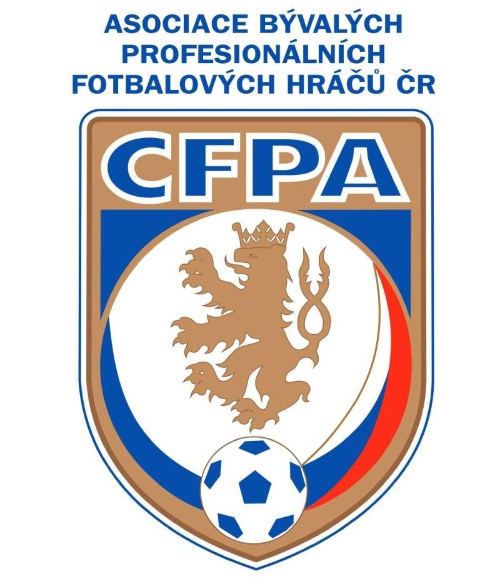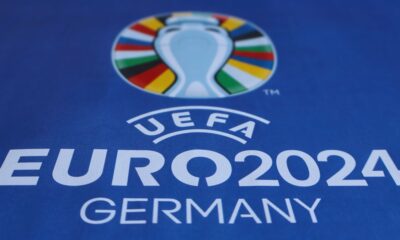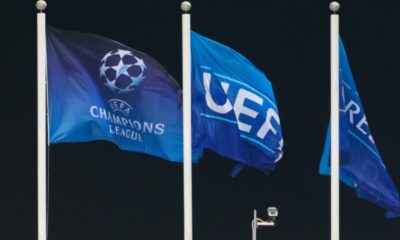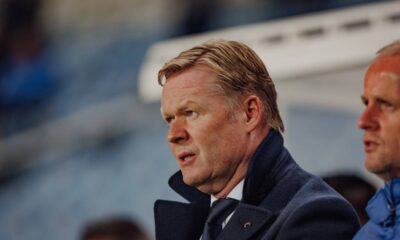Champions League
A window on the past: in 1968 UEFA redrew the European Cups, pitting the aggressors against each other
Russian clubs will not play European cups for their government’s war in Ukraine. This is not the first time UEFA has punished envoys of states that have attacked a sovereign state formation. In 1968, representatives of Warsaw Pact countries were punished when their troops occupied Czechoslovakia.
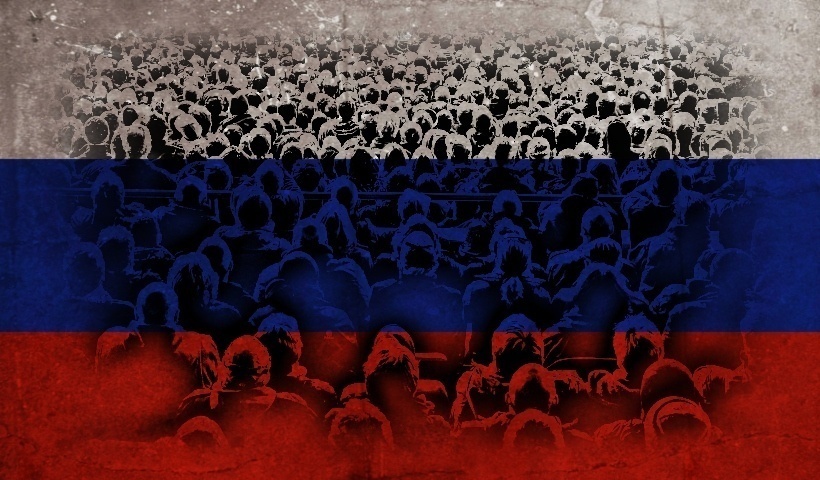
Russian clubs will not play European cups for their government’s war in Ukraine. This is not the first time UEFA has punished envoys of states that have attacked a sovereign state formation. In 1968, representatives of Warsaw Pact countries were punished when their troops occupied Czechoslovakia.
The invasion of Czechoslovakia, and especially the reports of mounting civilian casualties, destroyed property and devastation throughout the country, provoked a stormy reaction of resistance to the aggressors. While the politicians proceeded very cautiously – diplomatically – the athletes expressed their indignant attitudes openly.
The management of the Italian club AC Milan clearly declared that in this situation they refused to play against an opponent from the Bulgarian People’s Democratic Republic, whose troops were involved in the invasion of a free country. The Lombard club was soon joined by Celtic Glasgow, whose opponent was Ferencváros Budapest of Hungary.
UEFA reacted forcefully. On 30 August, it convened its executive committee at its headquarters in Geneva and found a solution: representatives of the countries involved in the military incursion would face off against each other. Ferencváros were thus to face Levski Sofia, Dynamo Kiev against Ruch Chorzow.
The East German team Carl Zeiss Jena came out relatively best, which was left with the originally drawn Yugoslav envoy Crvena Zvezda Belgrade from a friendly state of the socialist bloc.
In the end, there were no clubs in the most valuable cup competition from the war aggressor countries, all of them withdrew.
Paradoxically, this act of solidarity affected the occupied Czechoslovakia. The country’s champion Spartak Trnava – the first title in history – was originally supposed to play Malmö FF from Sweden, but the new lot awarded it to Steaua Bucharest from Romania. Romania, although a member of the Warsaw Pact, did not join the aggression, so its representative was not ejected.
Trnava faced a strong Bucharest team. “It was definitely a tougher opponent than Malmö,” says Karol Dobias, the 1976 European champion, then the rising star of the Czechoslovak champions.
“In our era, Swedish, Finnish or Norwegian clubs were not of a high standard, their players were more skiers than footballers,” says Dobiaš. ” We used to give them five or six goals,” he stresses.
But Spartak is going. After an embarrassing 1:3 defeat in Romania, they turn the tide at home with a clear 4:0 dominance. In the next round they crush Reipas Lahti 9::1 (the match was played in Vienna due to bad weather in Iceland) and 7::1. In the quarter-finals Trnava overcomes AEK Athens of Greece (2: 1 and 1: 1) and there is a historic achievement – the semi-finals.
In this one, luck favours Ajax Amsterdam, they will keep their 3::0 lead on Dutch soil in the rematch, although Trnava is one goal short of equalizing the score – 2::0. “We had them, the famous Cruyff didn’t even kick,” Dobias sighed even after all these years.
In the end, the trophy goes to AC Milan, who were the first to refuse to play against a team from the land of aggressors. And after the redraw, the original Trnava opponent went to Malmö FF from Sweden..
Source: UEFA


